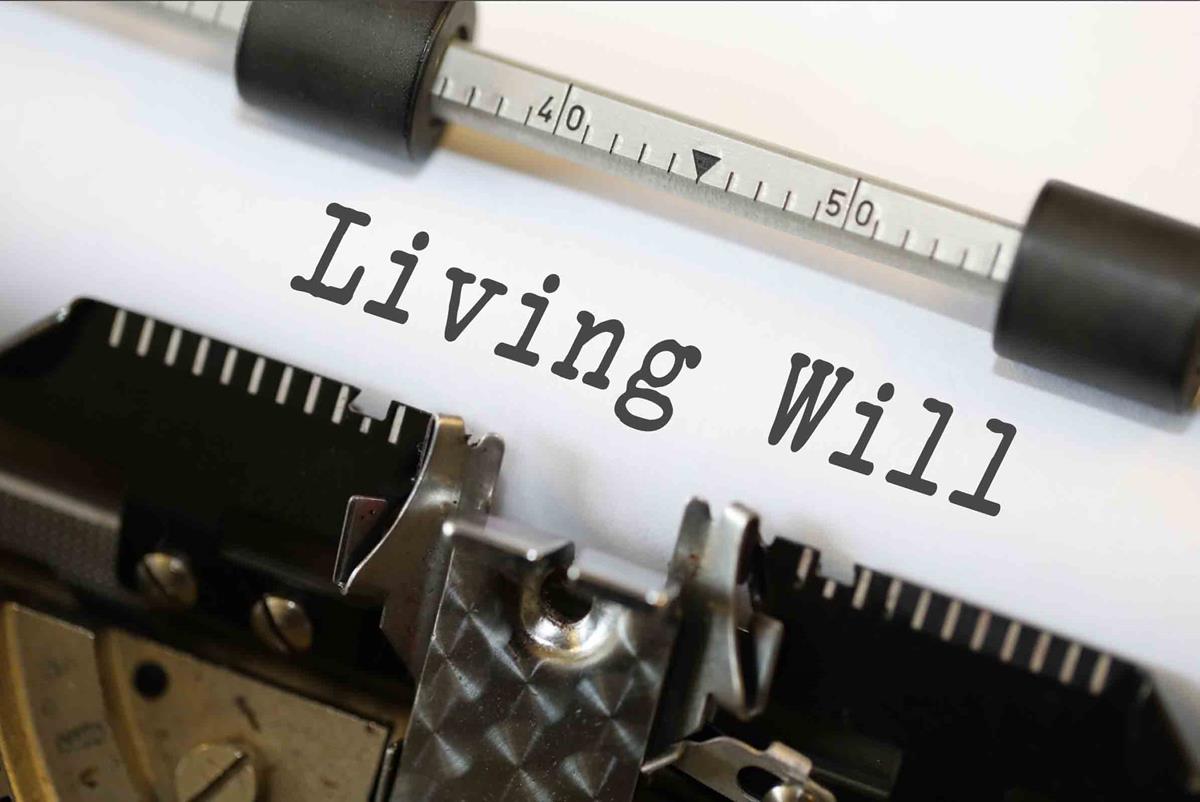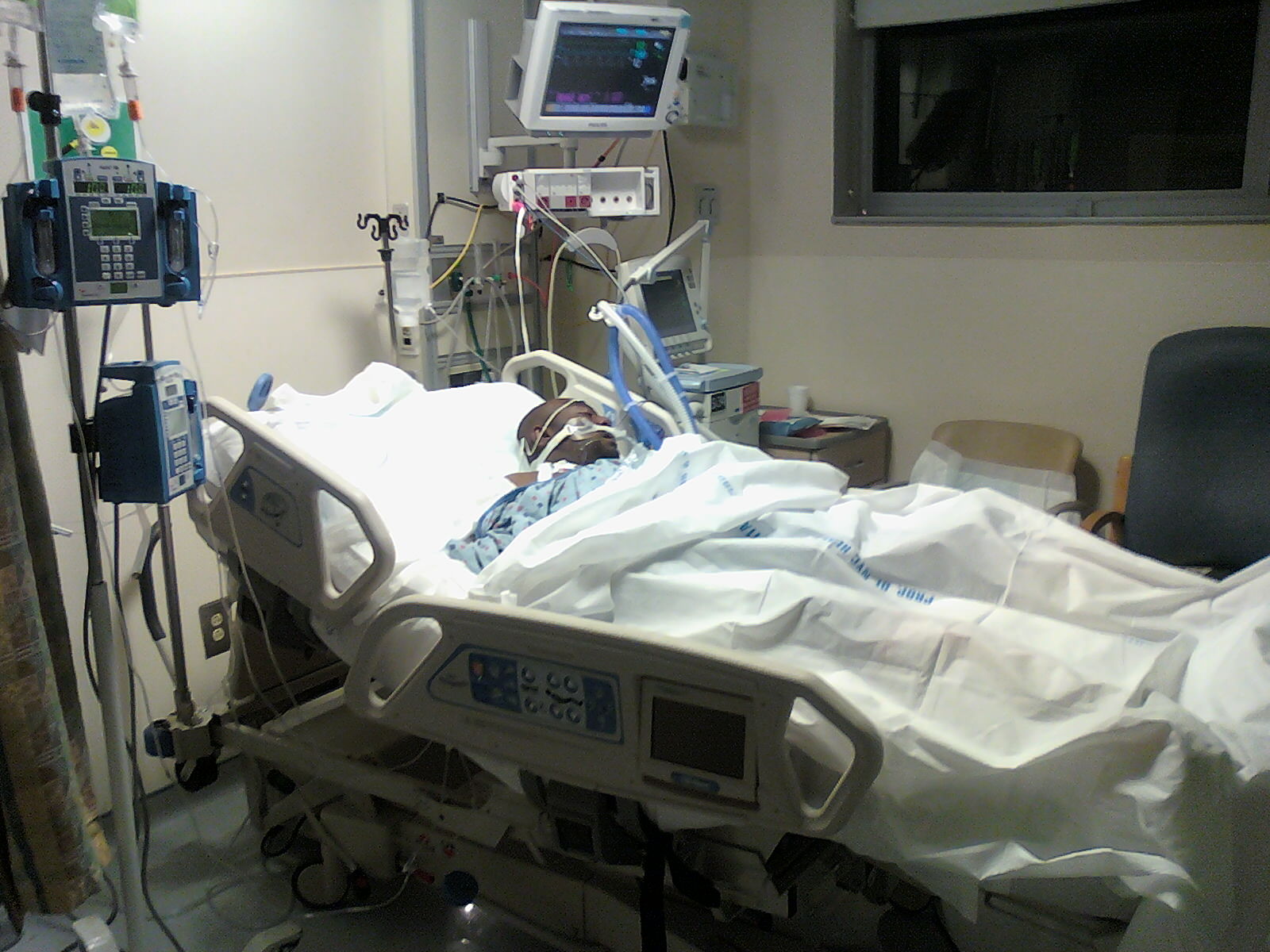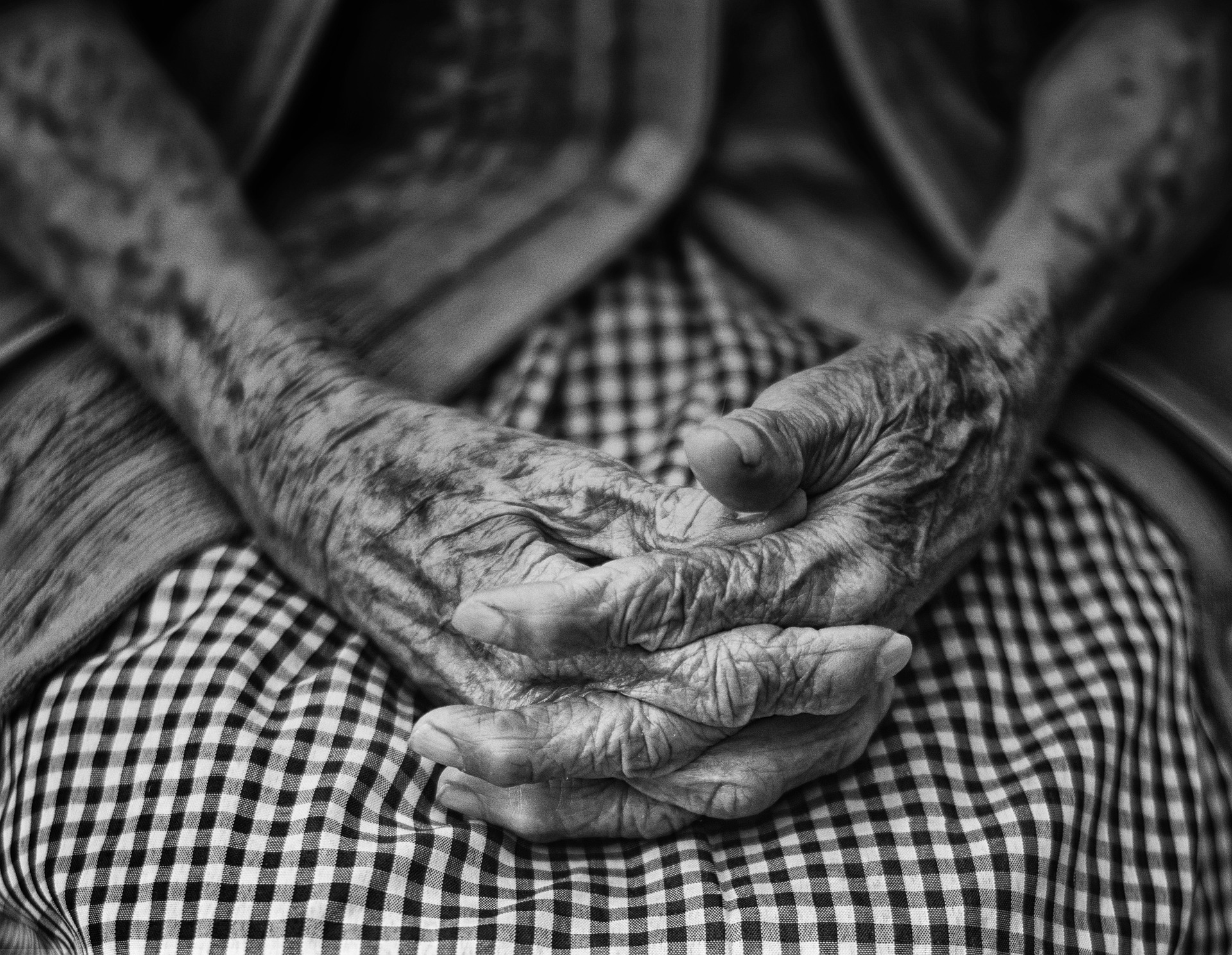Should You Have a ‘Living Will’ Made? Here’s All You Need to Know
It is essentially a document that sets out a patient's wishes regarding how they want to be treated if they are seriously ill. With this judgement, the right to die with dignity has been recognised as a fundamental right.

On Friday last week, in what is being heralded as a landmark judgement, the Supreme Court recognised that a terminally ill patient or a person in a persistent vegetative state has the right to die with dignity. To do this, the person will have to execute what is called a ‘living will’.
The history of living wills dates back to 1969 when the American lawyer Louis Kutner first proposed it. He viewed it as a simple device to allow patients to say no to life-sustaining treatment that they did not want, even if they were too ill to communicate.
In this article, we will lay down the basic requirements needed to draft and execute a living will.
What is a living will?
It is essentially a document that sets out a patient’s wishes regarding how they want to be treated if they are seriously ill. With this judgement, the right to die with dignity has been recognised as a fundamental right.
Here are the requirements for drawing up a living will and the elements that must be a part of it:
• The person drawing up the ‘living will’ must be an adult, who is of sound mind and is capable of communicating his/her decision clearly.
• This is a voluntary process and the ‘living will’ cannot be obtained under duress or coercion.
The ‘living will’ must be in writing and the contents of it must clearly state that treatment may be withdrawn.

• A declaration stating that the person is drawing up the ‘living will’ has understood the consequences of executing the will must be mentioned.
• The ability to revoke any instructions made in the ‘living will’ must also be mentioned clearly.
• The name of a guardian or relative authorised to decide on behalf of the patient in adverse situations must also be clearly mentioned.
• The ‘living will’ must be signed by the person making it in the presence of two witnesses, countersigned by a jurisdictional judicial magistrate first class.
The witnesses and the judicial magistrate must record their satisfaction that the document has been drawn up and executed voluntarily without any coercion.

• One copy of the ‘living will’ shall be preserved in the office of the judicial magistrate, and one copy shall be forwarded to the registry of the district court.
• The onus of informing the immediate family members of this ‘living will’ be on the judicial magistrate.
• One copy also must be handed over to the municipal corporation for their record.
• One copy of the directive must be handed over to the family physician.
Under what circumstances can this ‘living will’ be implemented?
To ensure that various checks and balances are put in place, there are certain criteria’s that need to be met before the ‘living will’ can be executed.
When a person becomes terminally ill, and despite treatment, there is no hope of recovery, the treating physician, when made aware about the ‘living will’, has to ascertain the genuineness and authenticity of the document from the jurisdictional judicial magistrate before acting upon the same.

• The execution of the ‘living will’ can happen only if the medical board grants permission. A medical board consists of the head of the treating department and at least three experts from the fields of general medicine, cardiology, neurology, nephrology, psychiatry or oncology with at least twenty years experience. This board, in turn, has to visit the patient in the presence of guardians/close relatives and form an opinion to certify, or not certify, the instructions in the living will. This decision shall be regarded as a preliminary opinion.
After the hospital medical board certifies that the instructions contained in the ‘living will’ ought to be carried out, the hospital has to inform the jurisdictional collector about the proposal.

• The collector shall constitute another medical board comprising the chief district medical officer as the chairman and three expert doctors from the fields of general medicine, cardiology, neurology, nephrology, psychiatry or oncology.
• The chairman of the medical board nominated by the Collector, that is, the Chief District Medical Officer has to convey the decision of the board to the jurisdictional judicial magistrate before withdrawing the medical treatment administered to the patient.
• The judicial magistrate shall visit the patient at the earliest and, after examining all aspects, authorise the implementation of the decision of the Board
In cases where the medical board refuses to grant permission to execute the living will, the immediate recourse that is available to the family is to approach the High Court. The Chief Justice of the High Court will have to constitute a division bench to decide upon the case.
Here are some of the advantages of living wills:
• They respect the patient’s human rights, and in particular their right to reject medical treatment
• Knowing what the patient want means that doctors are more likely to give appropriate treatment
• They help medical professionals in taking difficult decisions
• A patient’s family and friends don’t have to take the difficult decisions
Since as a concept this is new to us in India, we will have to wait and watch how it pans out. As of now, all that can be said is that this is a step in the right direction to end the pain and suffering of terminally ill patients.
Like this story? Or have something to share?
Write to us: [email protected]
Connect with us on Facebook and Twitter.
NEW: Click here to get positive news on WhatsApp!
This story made me
-
97
-
121
-
89
-
167
Tell Us More
We bring stories straight from the heart of India, to inspire millions and create a wave of impact. Our positive movement is growing bigger everyday, and we would love for you to join it.
Please contribute whatever you can, every little penny helps our team in bringing you more stories that support dreams and spread hope.



















